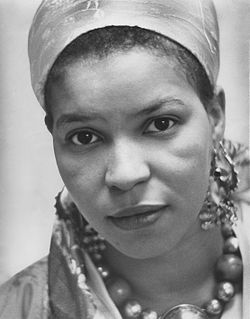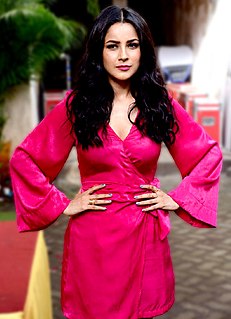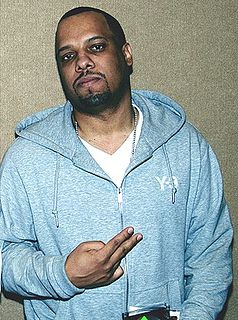A Quote by George Eliot
Related Quotes
I found cause to wonder upon what ground the English accuse Americans of corrupting the language by introducing slang words. I think I heard more and more different kinds of slang during my few weeks' stay in London than in my whole "tenderloin" life in New York. But I suppose the English feel that the language is theirs, and that they may do with it as they please without at the same time allowing that privilege to others.
There's an old little jingle: 'The chief use of slang is to show that you're one of the gang.' What that means is that every social group has its own linguistic bonding mechanism. If there's a group of lawyers, they have their own slang. If there's a group of doctors, they have their own slang, and so on.
Shakespearean words, foreign words, slang and dialect and made-up phrases from kids on the street corner: English has room for them all. And writers - not just literary writers, but popular writers as well - breathe air into English and keep it lively by making it their own, not by adhering to some style manual that gets handed out to college Freshmen in a composition class.
You know, I was a kid who had difficulty speaking English when I first immigrated. But in my head, when I read a book, I spoke English perfectly. No one could correct my Spanish. And I think that I retreated to books as a way, you know, to be, like, masterful in a language that was really difficult for me for many years.





































